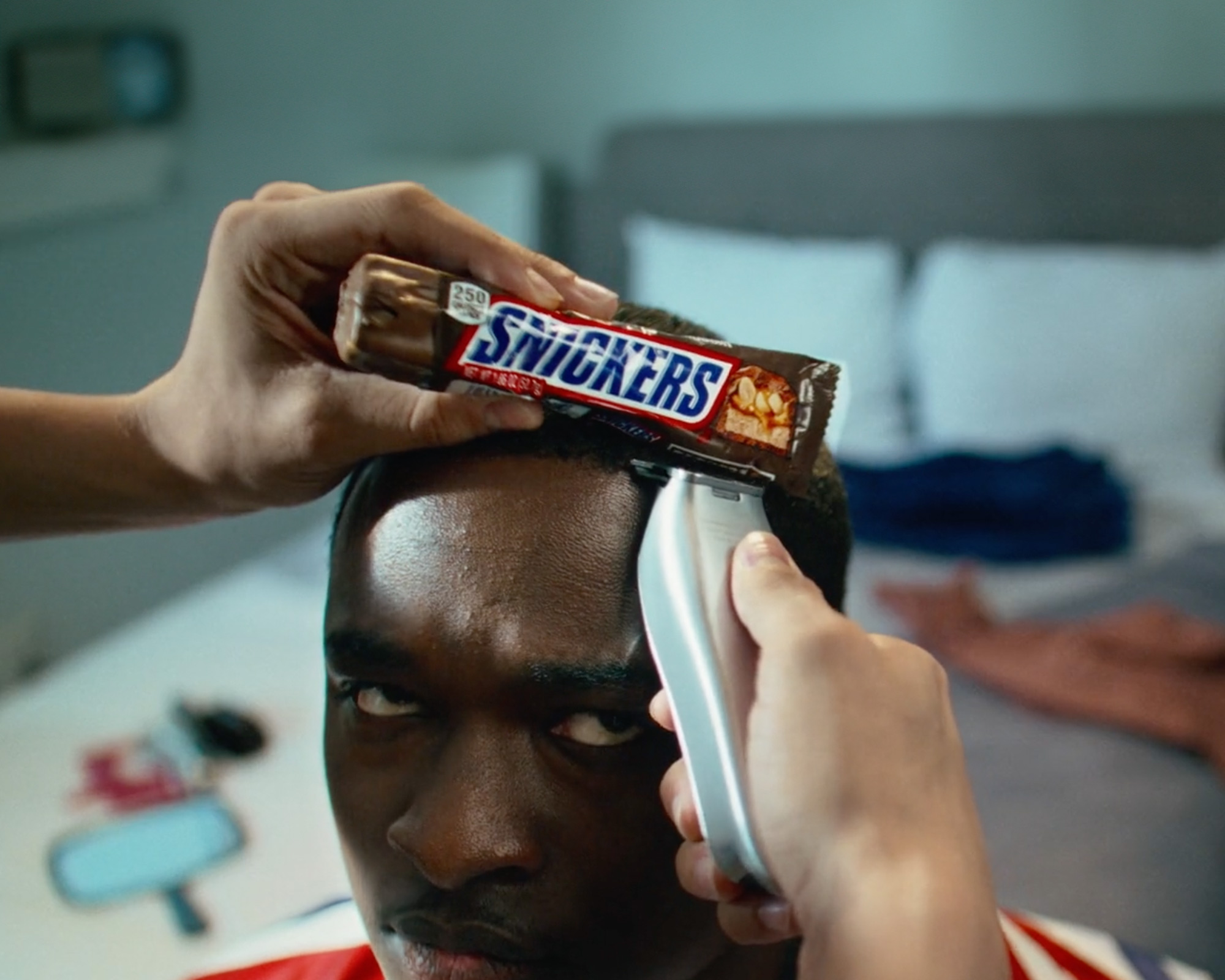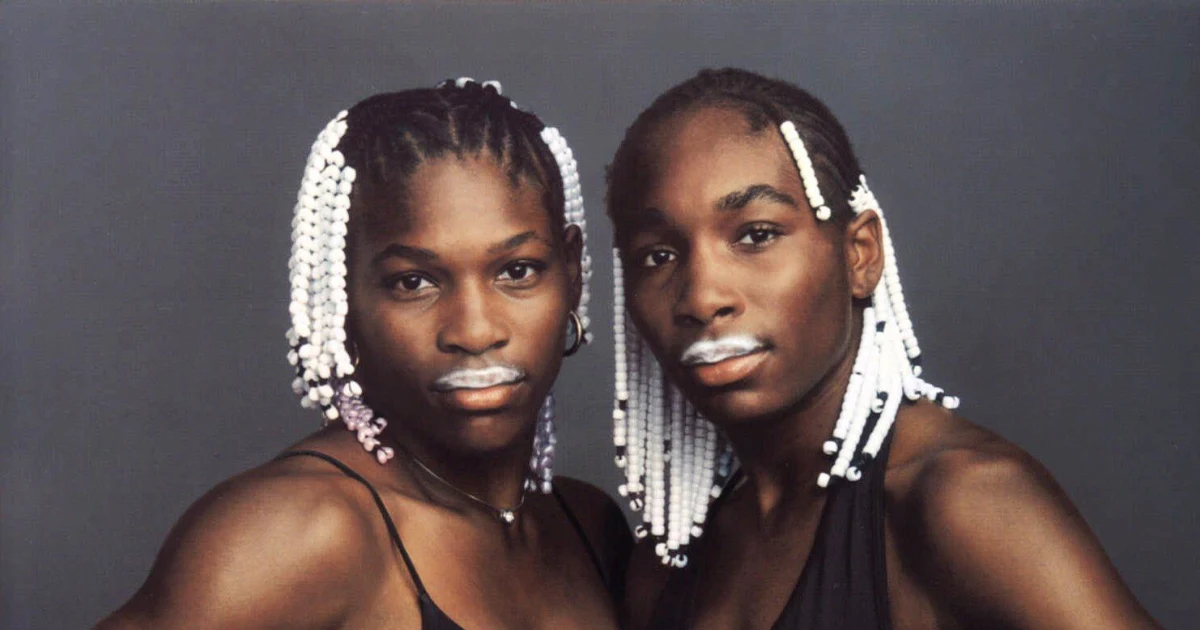In the ever-evolving landscape of social media marketing, a seismic shift is taking place. The age of celebrity-dominated influence is giving way to a new era where relatable, everyday individuals are rising as the new champions of consumer trust and brand authenticity. This shift, vividly illustrated by the rise of platforms like TikTok, is reshaping the influencer paradigm and offering fresh perspectives on what truly resonates with audiences.
For decades, celebrity endorsements were the gold standard in marketing. The formula was simple: align your product with a star, and their loyal fans will follow. However, this approach is increasingly losing its sheen. The traditional celebrity, often seen as untouchable and living a life of unattainable luxury, has created a disconnect with the average consumer.
Enter the everyday influencer. Unlike their celebrity counterparts, these individuals often start their journeys as regular users. They share their lives, flaws, successes, and failures, creating content that resonates on a more personal level. They’re relatable, versus aspirational. As a result their authenticity forges stronger connections, making their endorsements feel more like advice from a friend rather than a sales pitch.

See our favorite: Keith Lee.
While there are many platforms that provide an outlet for people to step into the world of influencing, TikTok has emerged as perfect breeding ground for this new kind of influencer. Its algorithm favors content that sparks engagement, regardless of the creator’s follower count. This democratization of reach has allowed ordinary people to gain massive followings by simply being themselves. From life hacks to genuine product reviews, TikTok’s short-form video content feels more accessible and trustworthy.
The impact on marketing is profound. The brands that get it are recognizing that partnerships with relatable influencers often yield better engagement and conversion rates. These influencers’ audiences are highly engaged because the content is grounded in real-life experiences. The authenticity translates into trust, and trust translates into purchasing power.
The takeaway for brands is clear: the future of marketing is authentic, relatable, and transparent. Consumers want to see themselves in the influencers they follow, and they want products that fit into their actual lives. Brands that pivot to embrace this trend, seeking out partnerships with everyday influencers, are poised to reap the rewards of a consumer base that values authenticity above all else.
As we witness this pivotal movement from celebrity to everyday influencers, it is evident that authenticity is not just a trend but a powerful undercurrent shaping the future of marketing. TikTok’s success is a testament to the effectiveness of this practice, proving that relatability can triumph over stardom, and that in the world of influence, genuine connection is the ultimate currency.



